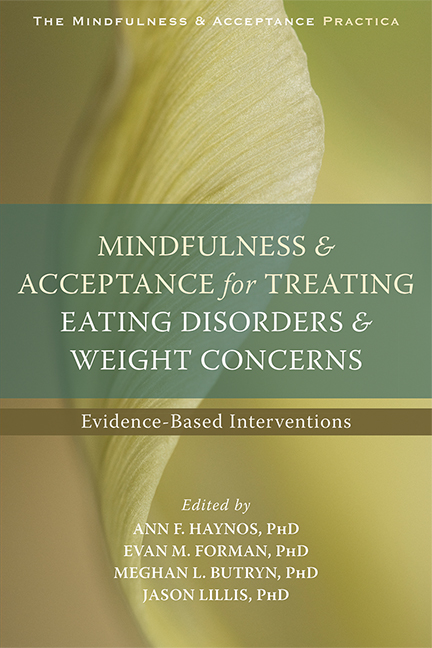It’s easy to obsess over weight. Most of us (myself included!) could benefit from being at least a little fitter. But we have narrowed our focus on weight loss as the only path to better health—and this narrowed view ignores other important health-influencing factors. Losing weight is an important step to living a healthier life, but even more important is learning to live a lifestyle that more consistently promotes good health and improved quality of life.
Emerging research suggests that there are four independent ways to improve your physical health—maintaining a healthy weight is one of those. Another is by improving the quality of the foods you eat, regardless of your weight (more plant-based foods, less meat, sugar, and processed foods). Another obvious way most of us know is by exercising more. Regular walking, biking, swimming, or any activity that increases your heart rate can have tremendous health benefits. Finally, a less obvious factor is reducing sedentary time—which is any time spent sitting or lying down for any purpose other than sleeping (e.g., watching TV, working at a desk, driving). You could exercise for an hour a day, but if for the rest of the day you sat at a desk, rarely getting up, you would still run the health risks of a sedentary lifestyle.
So when you think about health, it may be helpful to think more broadly. Instead of just focusing on your bathroom scale, set small, achievable short-term goals. For example, you could set one goal per week for four weeks.
Week 1 Add three servings of fresh vegetables to your meals for the week.
Week 2 Stand up and move around four times per day at work for at least 5 minutes each time.
Week 3 Exercise for an additional 30 minutes.
Week 4 Schedule an extra fun, healthy activity with friends or a family member, like taking a short hike or cooking a healthy meal.
And so on. Make changes you can live with. Make changes in multiple facets of your life—not just diet, but also lifestyle, attitude, and exercise habits. Remember that maintaining a healthy weight is important, but isn’t the only important factor of your overall health, especially if focusing on weight tends to leave you feeling like a failure and abandoning your health goals altogether.
Lastly, empower your health goals by thinking about what’s really important to you. How does being healthier help you live a life that’s more consistent with your values? Maybe it enables you to engage in more activities like biking, hiking, or running with friends. Perhaps it gives you more energy to spend time with your kids or grandkids. Maybe it improves your sleep and focus that allows you to perform better at work. Whatever the reason is for you, keep that in focus as your motivation to make these smaller changes, which will add up over time. Remember that even if you can only reasonably make strides in two of these four domains (maintaining healthy weight, eating higher quality food, moving more, sitting less), you will definitely feel the impact and get closer to a healthier self.
 Jason Lillis, PhD, is a clinical psychologist and a research scientist with the Weight Control and Diabetes Research Center at The Miriam Hospital, and an Assistant Professor at the Brown Medical School. He is an expert in mindfulness-based therapies and weight loss counseling and is a co-editor of Mindfulness and Acceptance for Treating Eating Disorders and Weight Concerns.
Jason Lillis, PhD, is a clinical psychologist and a research scientist with the Weight Control and Diabetes Research Center at The Miriam Hospital, and an Assistant Professor at the Brown Medical School. He is an expert in mindfulness-based therapies and weight loss counseling and is a co-editor of Mindfulness and Acceptance for Treating Eating Disorders and Weight Concerns.
Want more tools on mental health and wellness? Sign up for our mailing list.


 Why Journaling Is Especially Helpful to Adult Children of Emotionally Immature Parents
Why Journaling Is Especially Helpful to Adult Children of Emotionally Immature Parents